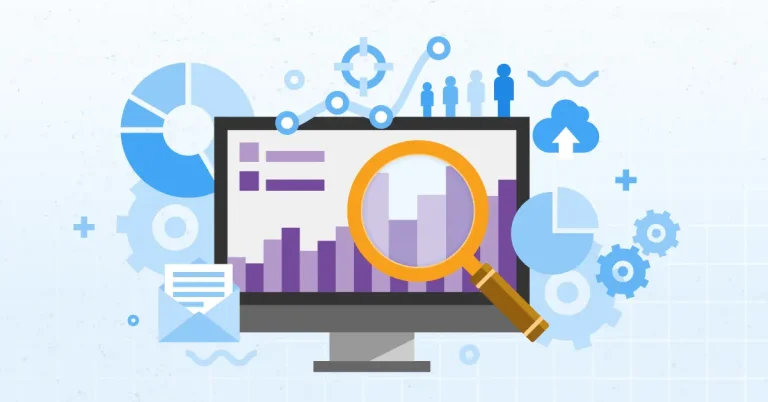The UWorld College Readiness Blog

How to Empower Parents as Their Students Prep for High-Stakes Exams
As educators, you can guide parents in creating calm, supportive home environments where students can manage stress, stay focused, and succeed on test day. Here’s how.
Recent Articles

Digital Prep Is Essential for Digital AP® and SAT® Exams
There are research-backed reasons digital prep is essential for digital SAT® and AP® exams. Ensure you have these proven strategies to guide your students toward online test success.

What to Do With Students After AP® Testing is Over
AP® exams are over, but your teaching isn’t. This article helps you discover post-AP exam activities and strategies to keep students engaged and make the most of the remaining school

CTE and AP®: Building Workforce Skills in the Classroom
Learn how AP educators can incorporate CTE, which stands for career and technical education, into their courses to equip students with workforce skills that prepare them for college and career
All Articles

Conversations With High School Students About Career Considerations
Discover how to guide high school students in meaningful career discussions that help them explore their interests, consider job demand, and make informed decisions about their future.

5 Strategies to Prepare Students for Digital AP® Exams in 2025
New digital AP® exams are launching in May 2025. Are you ready to help your students confidently prepare for these high-stakes tests?

How Teachers Can Use Performance Data to Support AP® Student Success
Learn how to use performance data to personalize AP® instruction, foster student growth, and create a data-driven classroom environment that promotes equity, engagement, and continuous improvement.

Project-Based Learning in the AP® Classroom
Project-based learning (PBL) enhances AP® instruction, engages students, and improves exam performance through real-world, inquiry-driven projects. See how one AP Environmental Science teacher uses PBL in his classroom.

Language Arts & Social Sciences Career Paths: Living in the Shadow of STEM
Discover how language arts and social sciences careers offer just as much value, earning potential, and growth as STEM fields — and why educators should encourage students to explore them.

How to Help Your Students Manage Time on the SAT® and ACT®
Teach your students how to manage their time effectively on the SAT® and ACT® with our study plans, test strategies, and prep tools. You’ll boost their confidence, and they’ll maximize their scores.